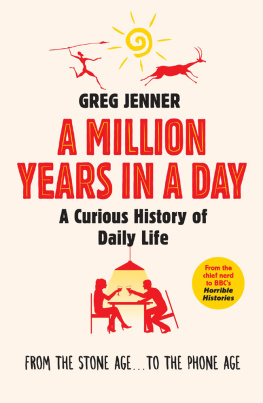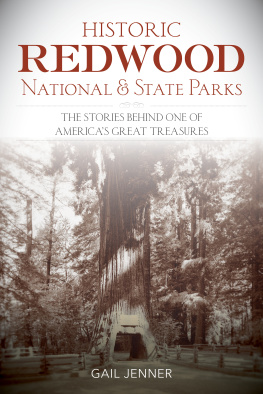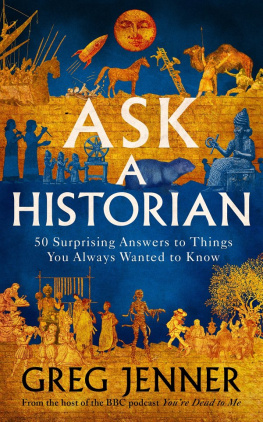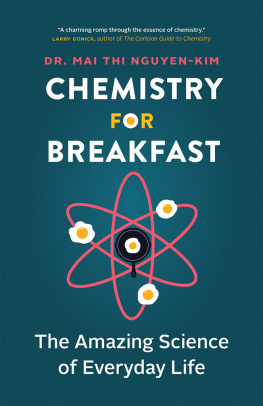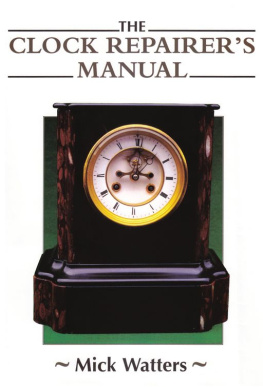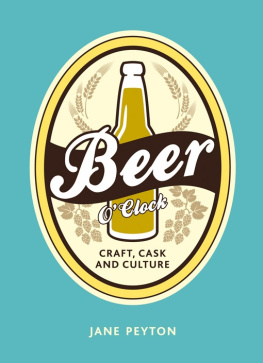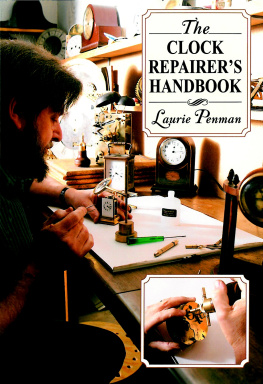A wonderful idea, gloriously put into practice. Greg Jenner as is witty as he is knowledgeable
Tom Holland
One of my all-time favourite books about history: erudite, witty and packed with things youve never thought about
Peter Frankopan
Delightful, surprising and hilarious, this is a fascinating history of the everyday objects and inventions we take for granted
Lauren Laverne
Greg Jenners magpie mind takes you through the history of who we are and what we do, answering tons of questions you never thought to ask
Al Murray
Bright, fun and enjoyable... an excellent debut from an exciting new author
History Vault
Like visiting the most wonderful and cluttered museum, each chapter like another room teetering with illuminating ideas and information
Robin Ince
Hugely entertaining... full of astonishing insights
History Revealed, Book of the Month
A MILLION
YEARS IN A DAY
A Curious History of Daily Life
GREG JENNER


CONTENTS


If I had to guess, Id say youre probably sitting down right now. Perhaps youre in that bountifully upholstered armchair, the bastion of upright comfort, cradling this book with open palms and half-cocked arm? Or perhaps youre the archetypal sofa slumper, sprawled inelegantly across a couch designed for three? Of course, if youre anything like me, youre reading this standing up on an overcrowded and overpriced commuter train, your face hovering barely inches from a strangers sweat-dampened armpit, while you shuttle between your home and your workplace. But, I bet I can guess where youre not reading this.
I bet youre not in a cave...
Though it boggles the mind to truly contemplate it, you and I are no different anatomically from people who lived 30,000 years ago. While we delight in cartoonish portrayals of people we might dub Ug and Nug, smashing each other over the heads with clubs and dragging women around like wheelie bins, the truth is rather more nuanced. For starters, they werent grunting numpties. In fact, they had the full faculty of language, the intellect to solve problems and the urge to protect their loved ones and bury their mourned-for dead. They were, in every regard, modern humans like you or me. Yet our lives are hugely different from theirs. So, how did we end up living as we do now?
Well, just look around you. Every single aspect of your life is the by-product of history, thousands of years in the making. Have a wander around your home and a lot will appear unquestionably recent at first glance, but theres an extraordinary legacy to everything. Look at the clock on the wall. Have you ever stopped to consider who first attempted to measure time and how they may have done it, or why some countries change the clocks in the summer?
Consider the book in your hand it was invented two thousand years ago, and would be recognisable to St Paul or Emperor Nero. These words are written in an alphabet that evolved over millennia from the prototype created by the ancient Phoenicians, following in a communication tradition that extended back through hieroglyphs and cuneiform-impressed wax tablets all the way to the earliest prehistoric doodles on the walls of caves. The food in your cupboards comes from all over the world, and might once have been recognisable only to the Aztecs. The clothes in your wardrobe might be woven from fabrics first planted five thousand years ago in ancient India, and your bed sheets could have a lot in common with the linen underpants worn by King Tutankhamun, in the distant Bronze Age.
Every day of our lives, most of us rotate through the same ritual habits that humans have been repeating for millennia getting out of bed, going to the toilet, grabbing some breakfast, washing our bodies, choosing our clothes, telling the time, communicating with others, eating together, having a drink, cleaning our teeth, getting into bed and setting the alarm clock... All of these daily events bring with them a story written over countless generations by our predecessors.
Ive scribbled this book as if it were describing the routine events of a modern Saturday, with each chapter focusing on a distinct activity that you might find familiar, but Ive used that to spring backwards into the past to explore where these routines came from. Though its surprising to imagine that we have anything in common with Stone Age cave-loiterers, the things we do every day are the things weve pretty much always done. We tend to think of cavemen as shuffling idiots when we compare them with us. But could they have worked an iPhone or driven a car? Surprisingly, yes, if someone had shown them how. Alas, they were doomed by circumstance never to enjoy a joyride in a finely engineered Mercedes, or secretly listen to Bon Jovis Greatest Hits on a train while pretending to read Madame Bovary, because while we reside in the latest chapter of the epic human story they were scrabbling around in the boring bit at the beginning where the author thanks their colleagues, family members and the person who does the type-setting.
So, this book, in some small way, partly aims to rehabilitate the reputation of our ancestors, while answering long-held questions about why your life is the way it is. Thats not to say there wont be moments when we roll our eyes in wonderment at the weirdness of the past, and Ive tried to find humour in our differences. But I hope above all that youll be astonished at how much we have in common with those who lived and died centuries, or even millennia, ago.
Ultimately, this is a book about you and me. But it just happens to be set mostly in the past.


The shrill klaxon of the alarm clock startles us from a deep snooze. We lift our head from the warm pillow, our moistened drool pooling in its folds, and prise apart our gunk-glued eyes to squint at the time, desperately hoping the clock has malfunctioned and there are at least two more hours of slumber available. Sadly, a corroborating glance at our mobile phone proves its definitely time to get up.
Why does the clocks testimony matter so much? Why dont we just go back to sleep until were fully rested? Well, because time is the architecture that governs the rhythms of our existence, and to ignore it is to invite chaos into our lives. Yet, though time is a stable entity that has reliably flowed for millions of years, its measurement has always been a tricky conundrum. Our strict division of standardised units seconds, minutes, hours, days, weeks, months, years is not a universal law echoed through eternity, but an agreed-upon rubric adopted over the course of many centuries in a desperate attempt to avoid mind-scrambling confusion. In fact, to delve into the history of timekeeping is similar to watching a Belgian soap opera without the subtitles; at first its baffling, but slowly it becomes strangely compelling.
Next page
